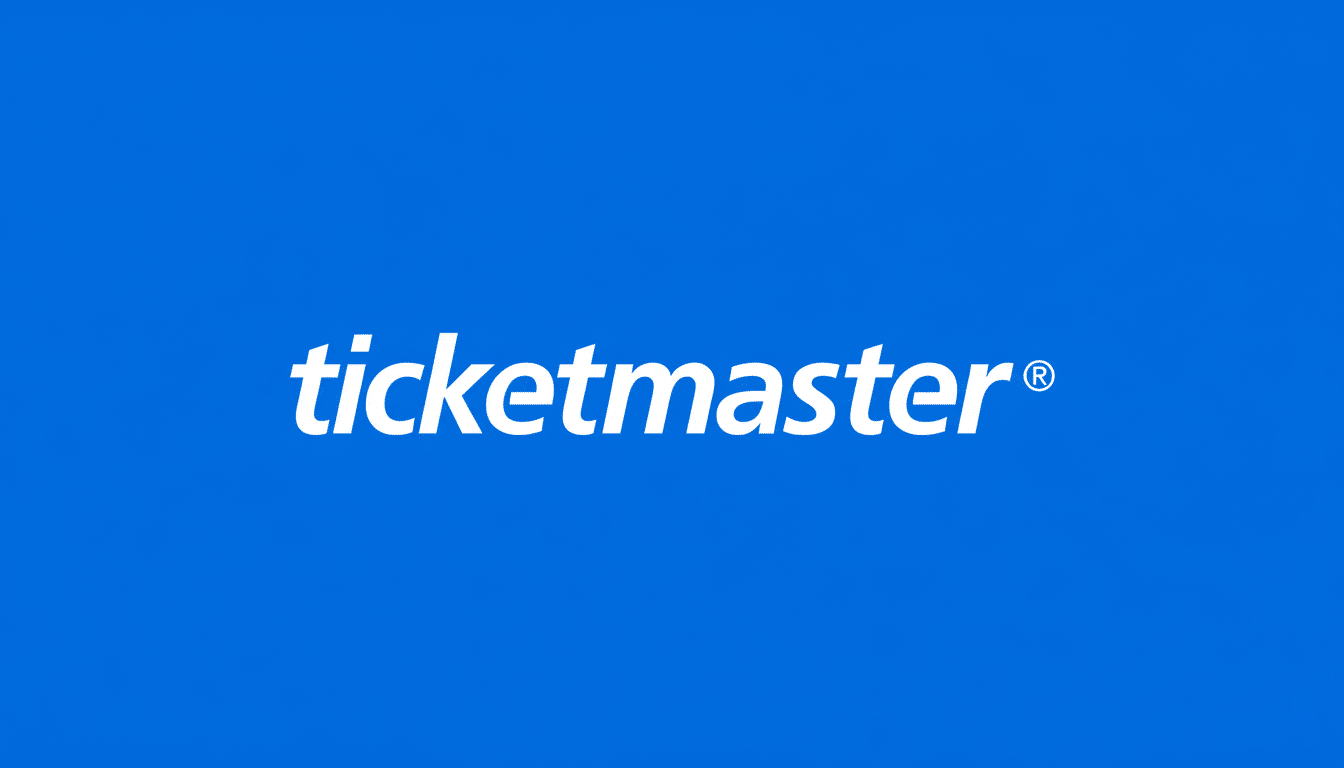The Federal Trade Commission, along with seven states’ attorneys general, filed a lawsuit on Wednesday against Live Nation and its subsidiary Ticketmaster that says the companies profited from and then failed to stop large-scale ticket scalping schemes. The complaint describes a ticketing ecosystem in which brokers with bots, shell accounts and purpose-built technology grab inventory, while the platform takes fees at various spots along the journey.
At the heart of the case is whether Ticketmaster deliberately let scalpers break its own rules on its resale platform to make it richer, and duped consumers with fees that weren’t disclosed until after they had clicked many times. It is also a test of how far regulators can go in policing the live events economy after years of fan frustration about rocketing prices, long lines and sold-out shows that moments later are available on ticket resale sites at astronomical markups.

What the FTC Alleges About Ticketmaster’s Resale Practices
In its complaint, the FTC said that Ticketmaster was “turning a blind eye” to brokers who violated Ticketmaster’s posted ticket limits and used bots, despite the fact that such conduct is in violation of the Better Online Ticket Sales (BOTS) Act from 2016. Policy-level tolerance for broker abuses has been recognized in internal correspondence with the agency, a senior executive said. An internal review revealed that five brokers controlled 6,345 Ticketmaster accounts and possessed 246,407 tickets to 2,594 events, the filing says.
Regulators also take issue with what they call a “triple-dip” fee structure. As the F.T.C. explained in a statement to business outlets, Ticketmaster gets paid when brokers purchase tickets in the first place, then takes fees again when brokers resell those tickets and finally applies processing charges on the fans. The complaint says that consumers have paid about $16 billion in fees under this system.
In addition to the resales, the lawsuit alleges that the company engages in deceptive pricing by advertising a lower base price upfront and only presenting the full price after add-ons and markups — behavior that violates the FTC Act, according to the FTC. The agency is seeking court orders to halt the alleged practices, obtain penalties for BOTS Act violations and require clear, upfront pricing.
Inside the Resale Machine: How Bots And Brokers Operate
Ticket brokers frequently use bot networks to circumvent queues and CAPTCHA challenges, cycle through their IP addresses in order to stay undetected, and set up account “farms” that can exceed posted limits.
Ticketmaster’s TradeDesk, a tool aimed at professional sellers who buy and sell tickets at high volume, provides those brokers with inventory management tools and the option to relist already-sold tickets — desirable for aboveboard resales, but also powerful when it is combined with automated purchasing.
This is not a new problem. A report from the New York Attorney General found bots purchased thousands of tickets within seconds, including one broker who, in less than a minute, scooped up more than 1,000 seats to a single concert. The Government Accountability Office has likewise identified scarce availability of face-value tickets for the public and opaque reserving practices that intentionally drive many fans to the secondary market.

Antitrust Backdrop and Junk Fee Pressure
The lawsuit comes amid a flurry of antitrust efforts. The U.S. Department of Justice has already taken aim at Live Nation’s control of primary ticketing, venue deals and artist tours — a maze of contracts that detractors say eliminate healthy competition in both the primary and resale markets. If venues are worried about canceling their tours if they switch to a competitor, lawmakers on the Senate Judiciary Committee have wondered out loud whether any other rival can come into meaningful market share.
The FTC and the White House, meanwhile, have launched a campaign to ban “junk fees” across travel, housing and live events. Numerous major ticket-selling platforms unveiled “all-in” pricing options after coming under political fire, but advocates say that uneven adoption and optional toggles mean consumers are largely left guessing at the true price until they show up at checkout. The new case could result in standard, upfront pricing if the court orders sweeping remedies.
What It Means for Fans and Venues Across Live Events
For fans, a win for the FTC might result in fewer bots snatching up tickets at on-sale, crackdowns on enforced purchase limits and ticket prices that aren’t sticker-shocked at checkout. For venues and promoters, the case also raises logistical questions about how inventory is apportioned, how presales are supervised and whether other resale policies — like transferability and face-value restrictions — could be changed by court order.
Look for the fight to hinge upon data. Regulators will point to internal metrics, bot-detection logs and account-linking evidence as proof of systemic tolerance of abuses. Live Nation will probably push back that it has invested heavily in anti-bot tech, that resale is a consumer service in a market of willing buyers and sellers, and that price spikes reflect demand, not collusion.
What To Watch Next As Lawsuit Moves Through The Courts
New Case Could Converge With Antitrust Suits, Increasing Stakes For A Settlement
The case could overlap with continuing antitrust litigation — heightening the stakes for a possible settlement. Potential remedies include independent compliance monitoring, required reporting on bot interdictions and broker activity, further TradeDesk controls, and transparent, all-in pricing by default. State-level laws — including recent ones targeted at bots and fee transparency — would add more guardrails, regardless of what happens at the federal level.
Either way, the lawsuit is a crucial test of whether regulators can disentangle incentives that make the resale market so lucrative for intermediaries and so punishing for fans. If the court reins in the purported “triple dip” and requires real transparency, maybe being a concertgoer would be able to move in the right direction.

